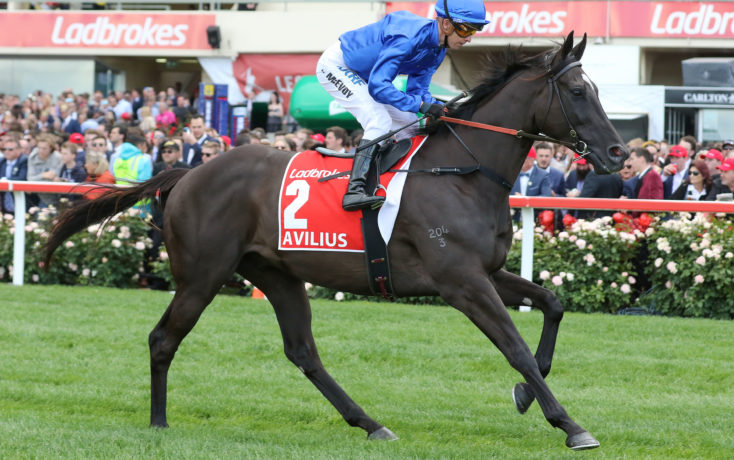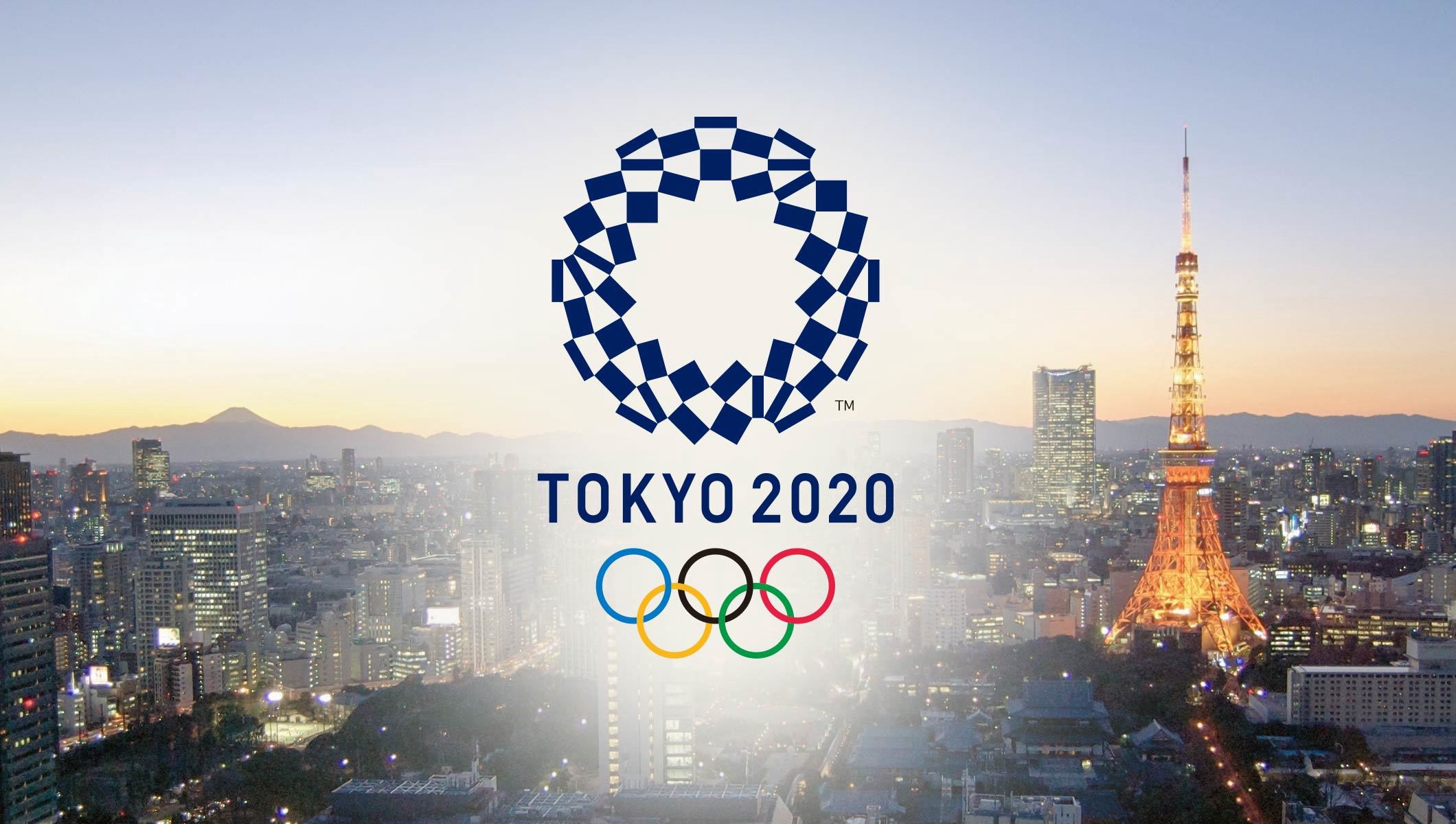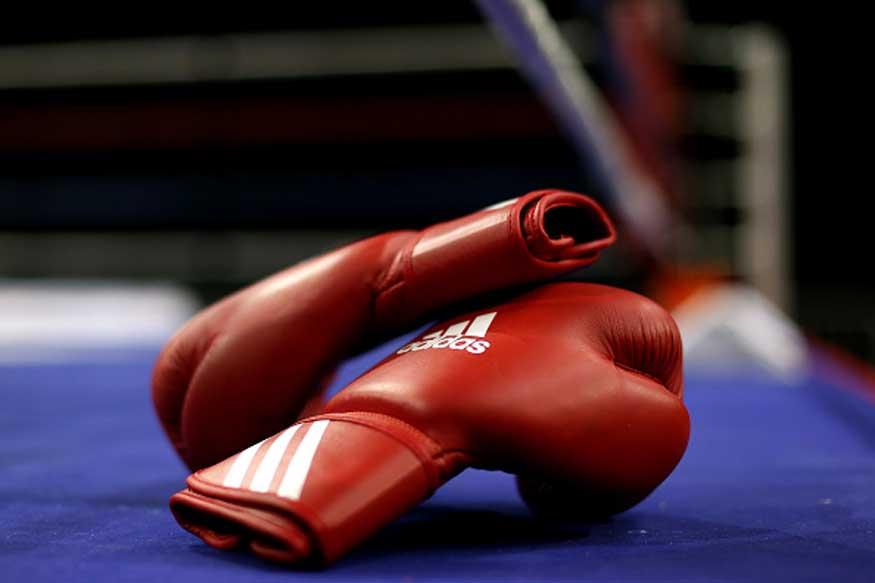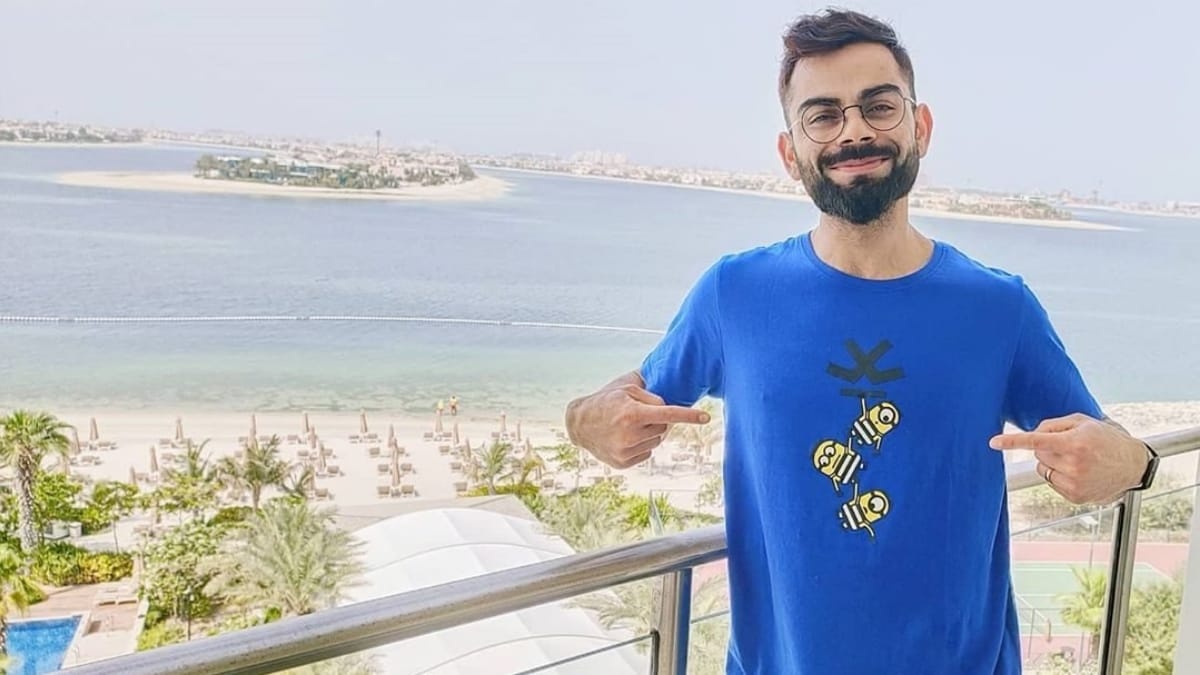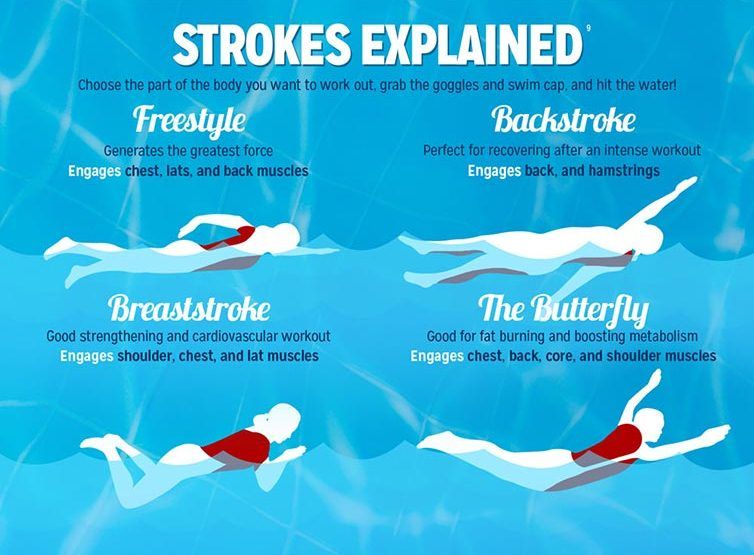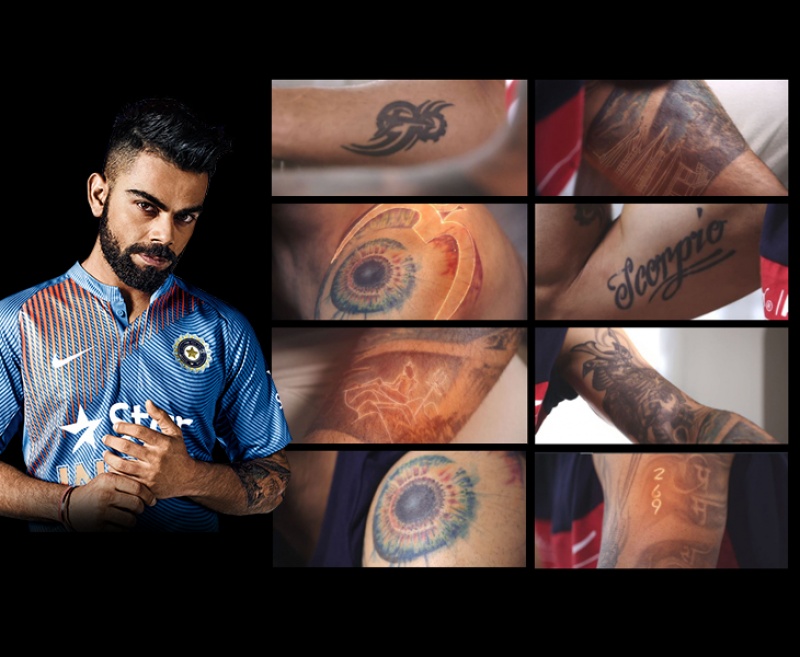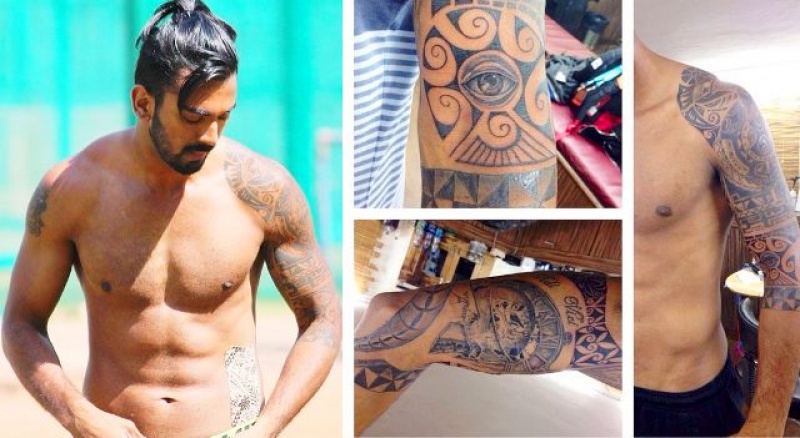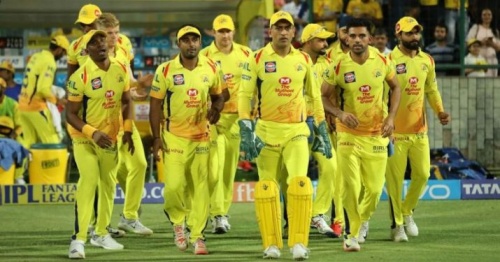The Pacific Games (formerly known as the South Pacific Games) is a multi-sport event, much like the Olympic Games (albeit on a smaller scale), with participation exclusively from countries around the South Pacific Ocean. It is held every four years and began in 1963. The sixteenth edition of the Pacific Games will be held in Apia, Samoa during July 2019.
In 1959 at the South Pacific Commission (now the Secretariat of the Pacific Community) conference in Rabaul, Papua New Guinea a proposal was put forward to establish the South Pacific Games. Two years later in Noumea, New Caledonia, Papua New Guinea represented by Fred Kaad, agreed with other nations present for the inaugural South Pacific Games to be held in Suva, Fiji in 1963.
The Pacific Games is a major regional event for our regions island states and territories held every four years. Since the inaugural games, the Pacific Games have grown from strength to strength and reached the age of maturity. The importance of the Pacific Games as promoted by the Pacific Games Council, the body responsible for the Pacific and Pacific Mini Games, in their guiding document the Pacific Games Council Charter, is to create bonds of kindred friendship and brotherhood amongst people of the countries of the Pacific region through sporting exchange without any distinction as to race, religion or politics."
The PNGOC was one of the founding members of the Pacific Games Council in 1962 and continues to be an active and influential member on both the Pacific Games movement and the wider development of sport in the Pacific Islands. Our contribution to the realization and success of the Pacific Games has been reflected in PNG hosting the Games in 1969 and again in 1991, and we look forward to receiving the Pacific once again on our shores when we host the Pacific Games for the third time in 2015.
The event was initially awarded to Nukualofa, Tonga, but the Tongan government officially withdrew from hosting it in May 2017, amid concerns the country could face economic difficulties if it proceeded.
These Games will see the introduction of an additional discipline for basketball, which is the 3x3 format, as well as the return of archery and badminton which were not on the 2015 Pacific Games program.
The final presentation of the bids was made on 19 October 2012 inWallis & Futuna. Tahiti's presentation was led by the country's Minister for Education, Youth and Sports,Tauhiti Nena; Tonga's was led by Crown PrinceTupoutoa Ulukalala, by the President of theTonga Association of Sport and National Olympic Committee,Lord Tupou, and by the Minister for SportsLord Vaea.Paea Wolfgramm, Tonga's only Olympic medallist at that time (he had won a silver medal in boxing at the1996 Summer Olympics), spoke of the promise of sports development and was the highlight of both presentations. Tonga had never hosted the Games; its bid to host the2015 Gameshad been defeated byPapua New Guinea's. Tahiti had hosted the Games twice, in1971and1995.
In its bid, French Polynesia emphasised "its successful experiences of hosting international sporting events". It was noted that its planned investments in sports infrastructure would "intensify sport practice of several tens of thousands of citizens and rise to the high-level several hundreds of young Polynesians", and suggested that the Games would "contribute to a better insertion of our country" into the Pacific region, highlighting the positive values of a shared "Polynesian soul".
In his written submission to the Pacific Games Council in April 2012, Tongan Prime Minister Lord Tuivakano referred to his country's transition to democracy with the November 2010 general election, and suggested that awarding the Games to Tonga would "send a strong and unmistakable signal in support of democracy in our region". The then-Minister for Sports Sosefo Vakata asked the Council to grant the Games to a country that had not hosted them yet, in the name of equality and so that Tonga might enjoy "the benefits that other bigger economies in the region have enjoyed since the Games inception". He also reminded the Council that Tonga had the experience of having hosted the 1989 South Pacific Mini Games, though "nothing can equal the greatest gathering in the region which the Pacific Games is proud of". The country proposed an upgrade of its sports facilities, notably the Teufaiva Stadium for athletics, the Lototonga Football Complex, and the Atele Indoor Stadium to host six sporting events. A new sports complex would be built at Lototonga for a number of other events, as would a Lototonga Aquatic Centre.On Monday 15 May 2017 the Prime Minister announced that Tonga is to withdraw from hosting the 2019 Pacific Games amid concerns the country could face economic difficulties if it staged the event. A spokesman for the Tongan Cabinet told Kaniva News that Prime Minister Akilisi Phiva had decided to save the country from a "costly mistake".
The 22 Pacific Games Association member countries and territories plus Australia and New Zealand are expected to compete at these games. Here is the list of participating countries:
- American Samoa American Samoa
- Australia Australia
- Cook Islands Cook Islands
- Federated States of Micronesia Federated States of Micronesia
- Fiji Fiji
- Guam (150) b
- Kiribati Kiribati
- Marshall Islands Marshall Islands
- Nauru Nauru
- New Caledonia flags merged (2017).svg New Caledonia
- New Zealand New Zealand (55) c
- Niue Niue
- Norfolk Island Norfolk Island
- Northern Mariana Islands Northern Mariana Islands
- Palau Palau
- Papua New Guinea Papua New Guinea (391)
- Samoa Samoa
- Solomon Islands Solomon Islands
- French Polynesia Tahiti
- Tokelau Tokelau
- Tonga Tonga
- Tuvalu Tuvalu
- Vanuatu Vanuatu
- Wallis and Futuna Wallis and Futuna
Read More: THE BRITISH OPEN CHAMPIONSHIP (GOLF)

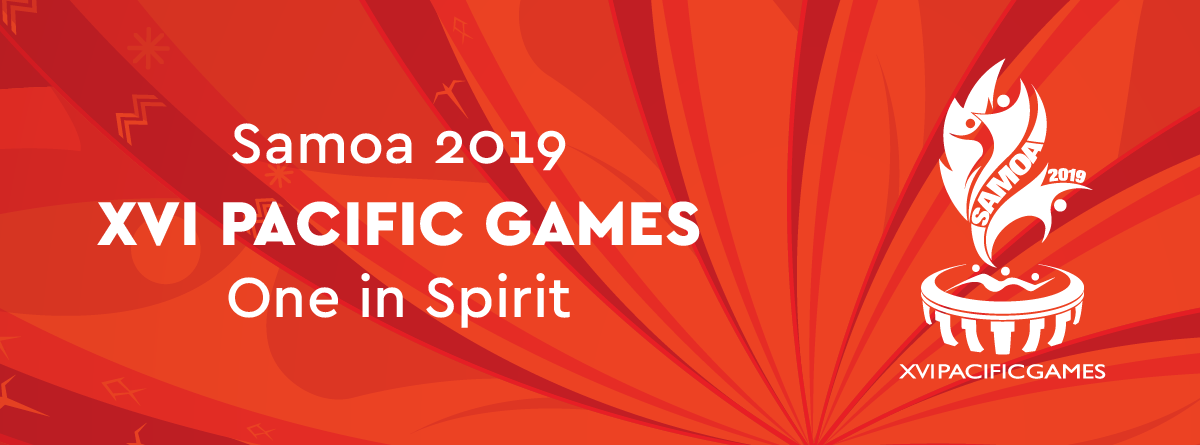
.jpeg)
